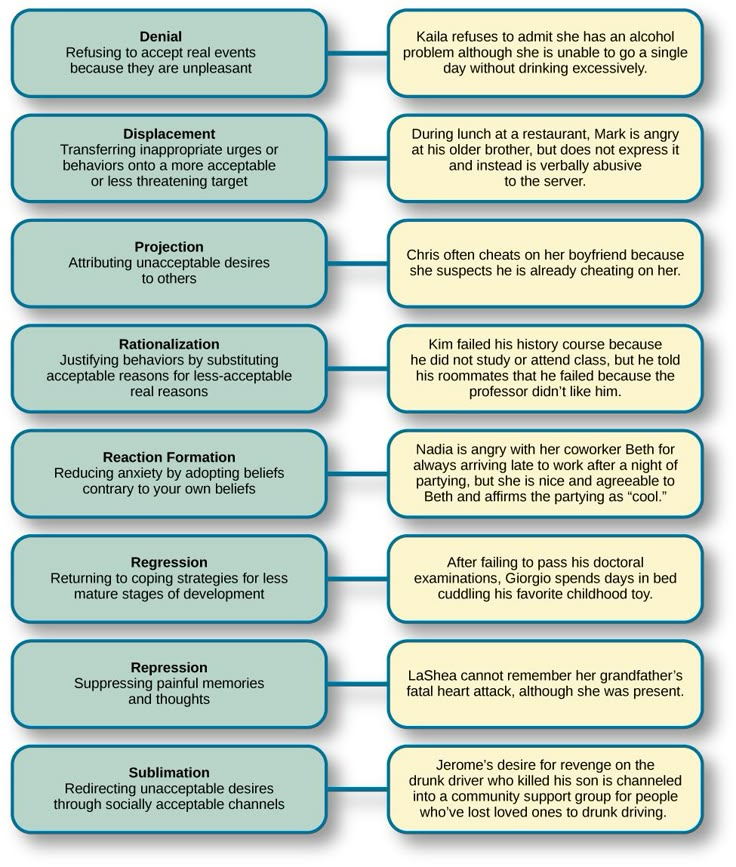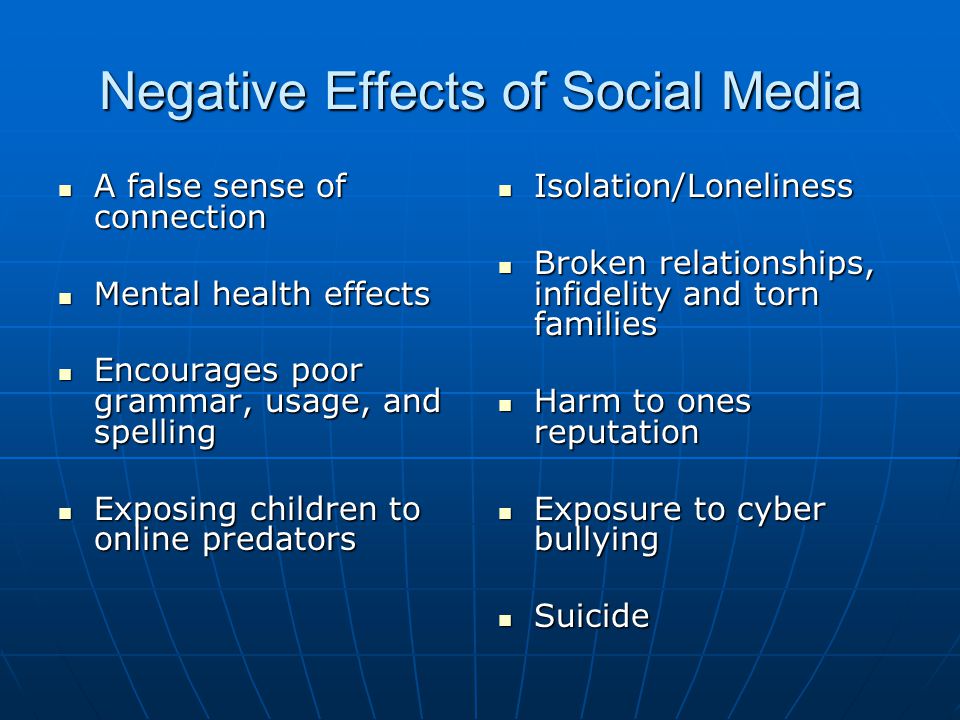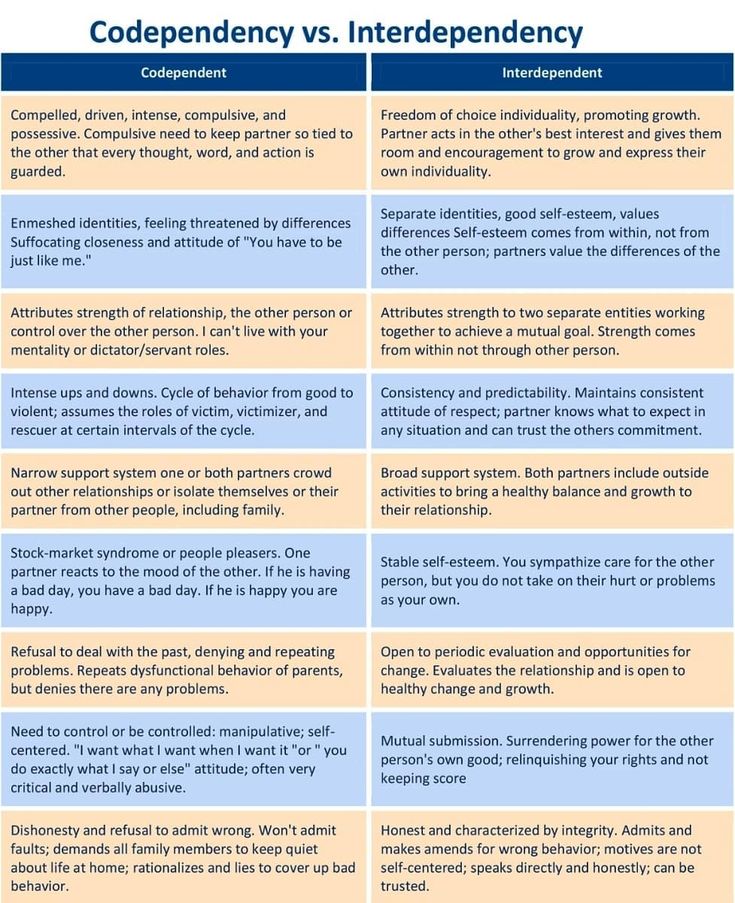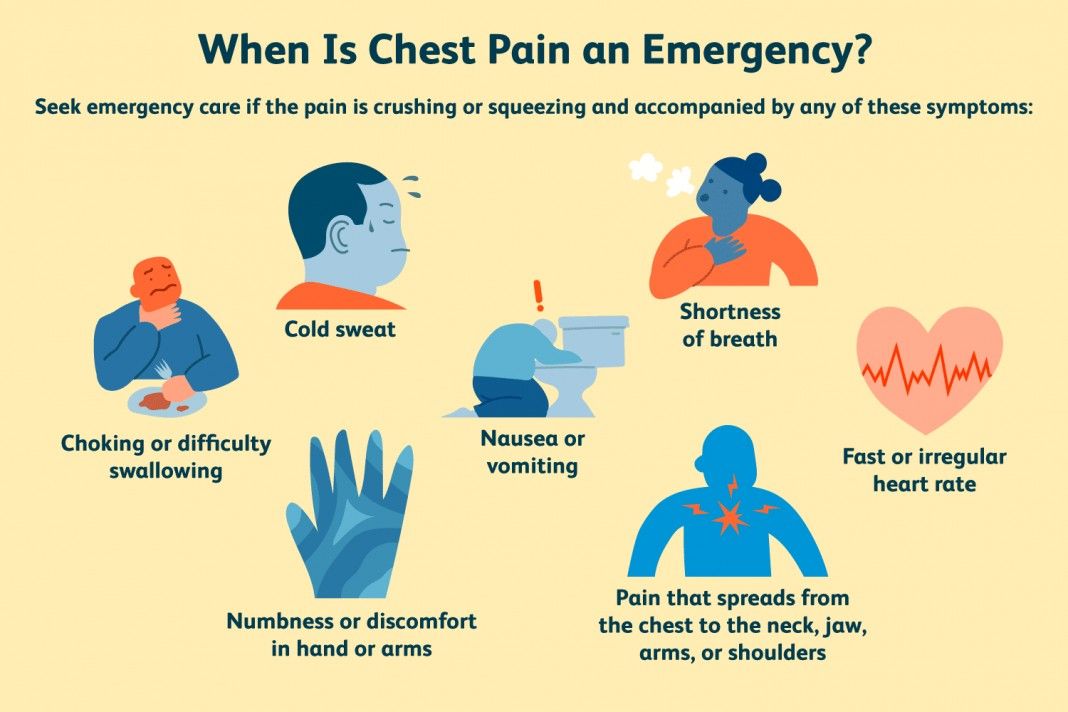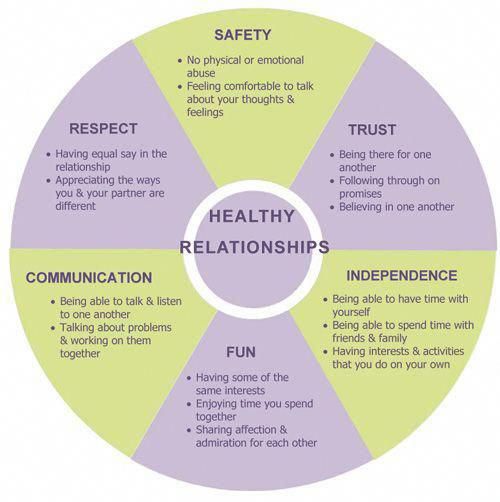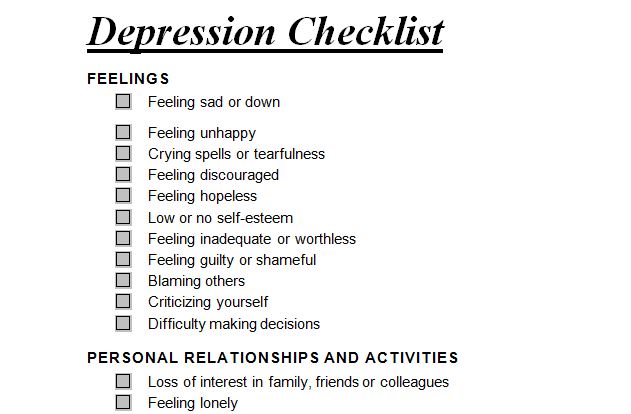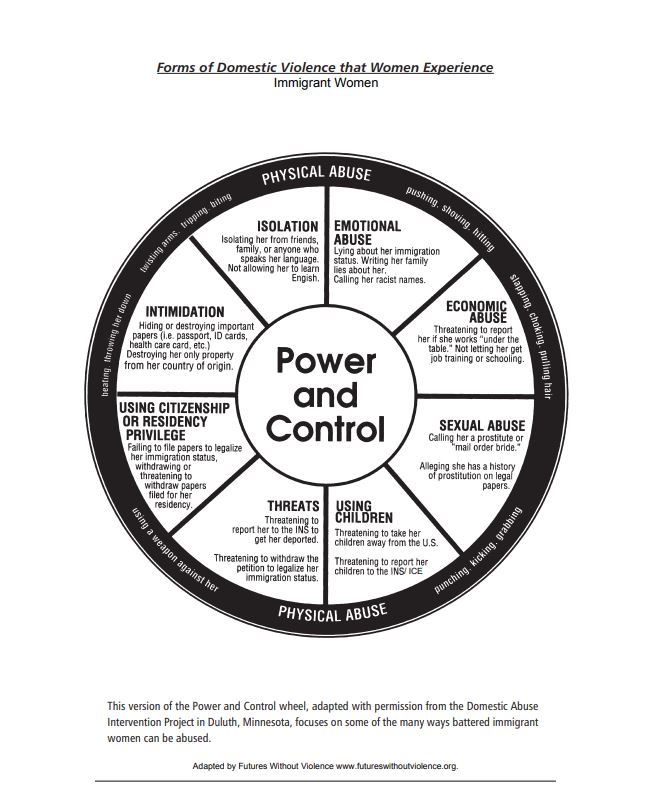I was accused
How to Handle Being Falsely Accused of a Crime
It can be incomprehensible to be accused of a crime that you did not commit and may not have had anything to do with. Even worse, there is no guarantee that the charges will be dismissed or that you will not be found guilty down the road. Unfortunately, being falsely accused does happen. If you find yourself being falsely charged with a crime, you need to take immediate action to protect yourself.
Steps to Take If You Are Falsely Accused of a Crime
You know that you are innocent, but you may not know how to proceed or what your legal rights are. Your first step should be to retain an experienced criminal defense attorney who has handled cases where the accused faced similar criminal charges as yours. The importance of hiring a lawyer immediately—even if you are still just a suspect—cannot be emphasized enough. A lawyer can help you develop a strategy to fight the charges you face or could face. Here are some ways that you can protect yourself in this situation:
- Realize the seriousness of the accusations.
You need to understand the seriousness of the offenses and the potential penalties that you could face. Even though you are innocent, you cannot assume that the police, prosecutor, judge, or jury will see the case your way. By taking the charges seriously from the start, you can make decisions and take actions that will increase the likelihood of a favorable outcome.
- Understand the cost of a defense. Building a strong defense to the charges can be expensive in terms of the attorney fees, investigation costs, and expert witness fees that you may need to pay. While it can seem unfair to have to spend money to defend against false charges, you need to do everything you can to build a strong case—your life is at stake.
- Intervene before charges. One of the benefits of retaining an attorney while you are a suspect is that he may be able to take proactive measures that could result in never being charged with a crime. In some all cases, he may be able to discuss your case with the police or prosecutor and provide information that convinces them that they have the wrong person.
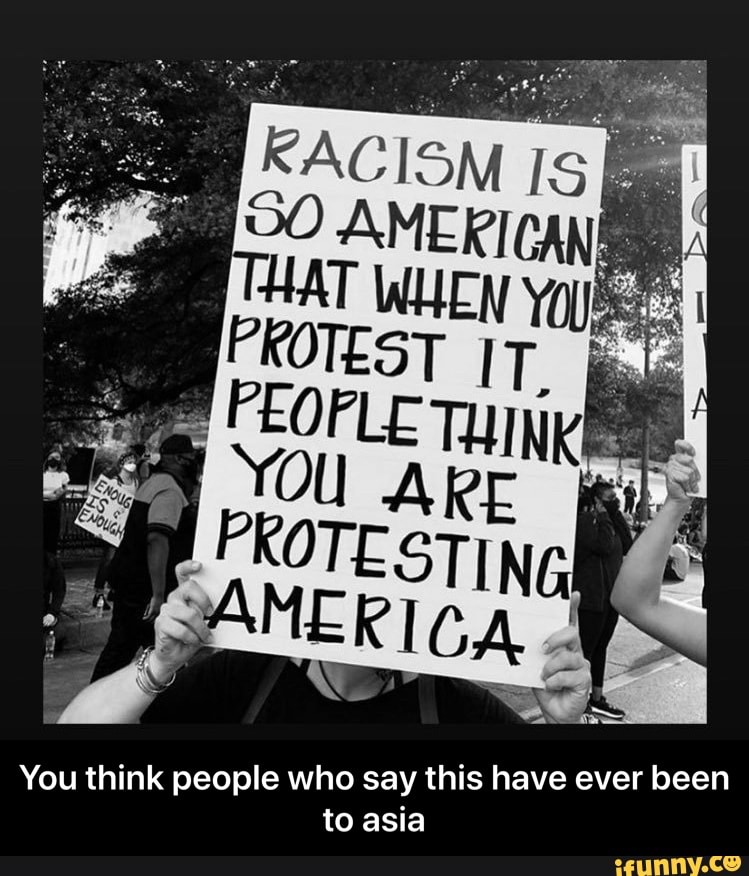
- Take no action. In other situations, your attorney may decide that the better strategy is to do nothing and see if the prosecutor even develops the necessary evidence to charge you with the crime. A witness could recant his testimony or test results could support your innocence, with the result being that no charges are filed against you.
- Gather any physical evidence and documents. If there is any physical evidence, such as clothing, photographs, or other objects that could help in your defense, you want to collect them as soon as possible and give them to your attorney. Collect any documentation that may help you, such as correspondence, emails, receipts, GPS data, or other information to prove where you were when the crime was committed.
- Obtain witness contact information. You should make a list of potential witnesses who can provide helpful information about the incident, accusations, and the victim to provide your attorney.

- Investigation. If you are formally charged with a crime, your attorney will need to conduct a thorough investigation of the crime and the prosecutor’s evidence, interview witnesses, and retain expert witnesses if necessary. An investigation can help evaluate the strengths and weaknesses of the prosecutor’s case and your defense.
- Plea bargain. As unjust as it may seem, sometimes innocent people decide to enter into a plea agreement with the prosecutor where they plead guilty to a lesser charge rather than risk a conviction, harsher sentence, and permanent criminal record. Once your attorney has conducted his investigation and reviewed the evidence against you, he can advise you whether this is in your best interests.
Actions That You Do Not Want to Take If You Are Falsely Accused of a Crime
When facing false accusations, certain actions could make your situation worse. Do not do any of the following:
- Destroy evidence that you think could hurt you
- Talk to or have any contact with the victim or witnesses
- Talk to the police, prosecutor, or criminal investigator without your attorney
- Consent to a DNA test or other test requested by the police without your attorney present
If you are facing criminal charges, you need to speak with an experienced criminal defense attorney as soon as possible.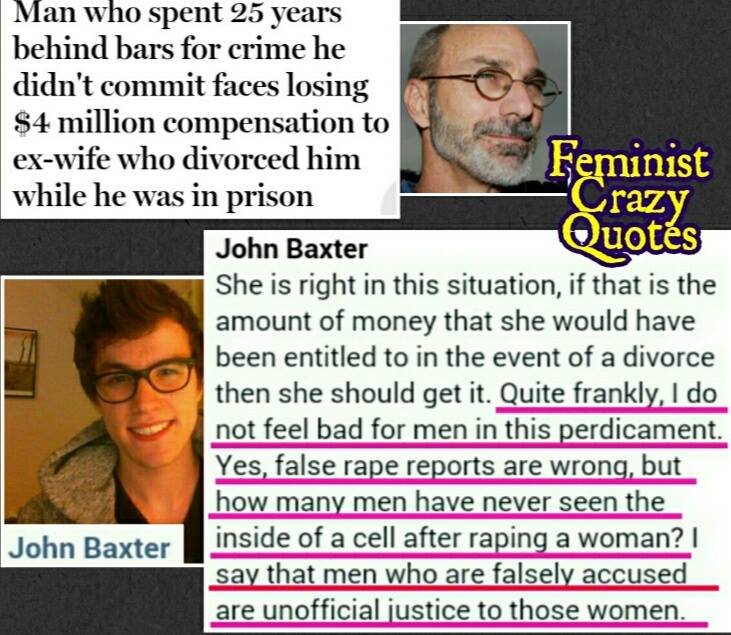 Please contact us online or call our Charlotte office directly at 980.207.3355 to schedule your free consultation.
Please contact us online or call our Charlotte office directly at 980.207.3355 to schedule your free consultation.
Falsely Accused of a Crime? How to Defend Yourself
A false accusation of a crime occurs when you get accused of a crime that you did not commit. Falsely accusing someone of a crime without evidence (sometimes called “false reporting“) can itself be a serious criminal offense. Nevertheless, false accusations are not uncommon, especially with crimes such as:
- rape,
- domestic violence,
- assault, and
- arson.
Can you go to jail for false accusations? Statistics show that at least 2,372 people were wrongly accused of a crime from 1989 through the end of 2018. At least 151 were falsely accused in 2018.
There are many reasons why a person may get falsely accused of a crime. Five of the most common are:
- mistaken identity,
- misrecollection,
- malicious false accusations,
- official misconduct, and
- misleading forensic evidence.

A person can do five things if he/she is falsely accused of a crime. These are:
- hire a defense attorney,
- conduct a pre-file investigation,
- impeach the accuser, and/or
- file a civil suit for malicious prosecution.
- take a private polygraph
Our California criminal defense attorneys will address the following in this article:
- 1. What are false allegations?
- 2. How many people have had wrongful convictions in the U.S.?
- 3. What are some reasons why people get falsely accused?
- 4. What can a person do if falsely accused of a crime?
- 4.1. Hire a defense attorney
- 4.2. Conduct a pre-file investigation
- 4.3. Impeach the accuser
- 4.4. Civil suit for malicious prosecution
- 4.5. Take a private polygraph
1. What are false allegations?
False allegations are when someone is accused of a crime that he/she did not commit. These charges should be dismissed if:
These charges should be dismissed if:
- the accused or his defense attorney can show the court that he has been wrongly accused.
A wrongful conviction occurs when a factually innocent person gets convicted by the court system.
People may be wrongly accused of any type of crime in the United States. This includes the crimes of:
- theft,
- drugs,
- sex crimes (rape), and
- homicide.
One of the most common types of cases, though, involves the offense of battery domestic violence.
2. How many people have had wrongful convictions in the United States?Example: Nia learns that her husband is cheating on her. To get back at him, she calls 9-1-1 and tells the police that her husband tried to punch her. The police then arrest the husband and book him with the crime of battery domestic violence.
Here, Nia falsely accused her husband of a crime. If the husband can prove he did not commit the offense, the crime should be dismissed.
If not, the husband gets wrongfully convicted of a crime.
2,372 exonerations were recorded in the United States from 1989 through the end of 2018.1 This doesn’t necessarily mean that all of them were factually innocent. But it does suggest that false accusations by alleged victims and wrongful convictions are widespread.
An exoneration means that a court reverses a party’s criminal conviction. Exoneration statistics then help:
- estimate stats on wrongful convictions,
- since the exoneration means that a party was falsely accused and wrongfully convicted.
The National Registry of Exonerations has recorded 151 exonerations in 2018.2
The 2018 exonerations included:
- 101 exonerations for violent felonies, including 68 homicides, 7 child sex abuse convictions, and 10 sexual assaults on adults,
- 2 exonerees that had been sentenced to death,
- 33 exonerations for drug crimes,
- 23 exonerations that were based in whole or in part on DNA evidence,
- 70 exonerations that were for convictions in which no crime was actually committed,
- 107 exonerations that involved misconduct by government officials,
- 49 exonerations that were for convictions based on guilty pleas,
- 31 exonerations that involved mistaken eyewitness identifications,
- 19 exonerations that involved false confessions, and
- 111 exonerations that included perjury or a false accusation.
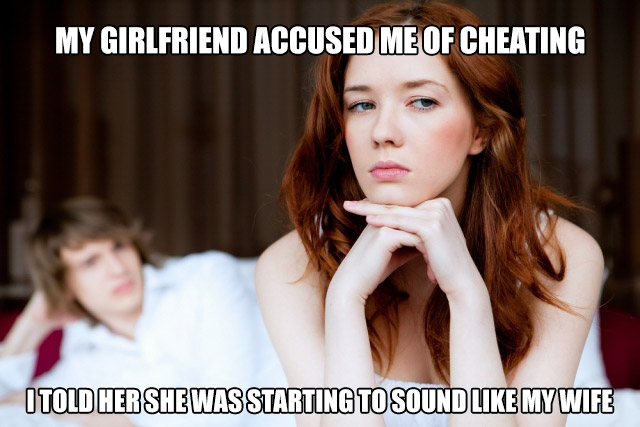 3
3
On the topic of sexual assault, note that the majority of sexual assaults, an estimated 63 percent, are never reported to law enforcement.4 The prevalence of false reporting cases of sexual violence, however, is generally low.5
3. What are some reasons why people get falsely accused of a crime?
There are five common reasons why a person may get falsely accused of a crime. These are:
- mistaken identity – this is when an accuser misidentifies a person for committing a crime.
- misrecollection – or when an accuser makes an error while remembering details about a crime.
- malicious false accusations – this is when an accuser purposefully lies when telling the authorities that a person committed an offense. (One reason may be to gain the upper hand in a child custody/family law dispute. Another is an angry teenager falsely claiming child abuse to get back at his parent.
 )
) - official misconduct – or when prosecutors or police commit some type of misconduct, or abuse of power, when arresting or charging a person for an offense.
- misleading forensic evidence – here, experts exaggerate statistical claims to make their statements more impactful.
In terms of this last reason, experts may exaggerate things when providing a:
- DNA analysis, or
- hair analysis.
As to misidentifications, these often happen during police line-ups. This is because witnesses tend to pick someone in the lineup who looks most like their memory of the suspect even if the suspect isn’t actually in the line-up. This phenomenon is called the “best guess problem.”
On the topic of official misconduct, note that this can be subtle in nature. During investigations, police are supposed to ask witnesses open-ended questions such as “what happened next?” in order to preserve accuracy. But sometimes police mistakenly ask “leading questions” which cause witnesses to create false memories.
But sometimes police mistakenly ask “leading questions” which cause witnesses to create false memories.
Example: Police are investigating Marcos for the crime of burglary. They ask a witness several questions like “what happened then?” and “anything further?” The police then ask, “when did you see Marcos enter the house,” when in fact the witness only saw the suspect on a patch of grass.
The first two questions are permissible open-ended questions. But the final question is an impermissible leading question. It may cause false memories and confuse a witness. This, in turn, can result in a false accusation.
4. What can a person do if falsely accused of a crime?
There are five common ways to defend yourself against false accusations. These are:
- hire a criminal defense attorney,
- conduct a pre-file investigation,
- impeach the accuser,
- file a civil suit for malicious prosecution, and/or
- take a private polygraph.
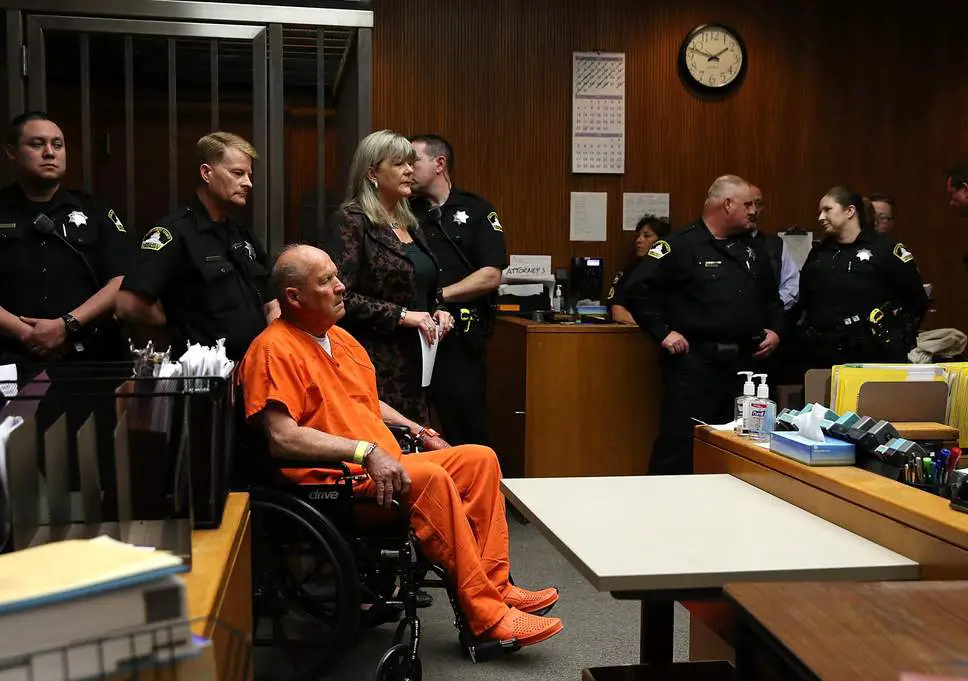
4.1. Hire a defense attorney
The most important thing for a person to do if falsely accused of a crime is to:
- remain silent, and
- get legal representation to protect legal rights
An accused should never believe that he does not need a lawyer just because he knows he is innocent of an offense. There is arguably even a greater need for a defense attorney in these situations. This is because the case may involve:
- interactions with prosecutors to discuss errors in criminal charges,
- hostile accusers and witnesses,
- false or misleading evidence, and
- pleas of guilty to lesser offenses.
In terms of the latter, note that it may be in an accused’s best interest to:
- reduce the risk of harsh penalties,
- by pleading guilty to a crime that has softer punishments.

A criminal lawyer is the best person to advise an accused if this is the right thing to do.
4.2. Conduct a pre-file investigation
A “pre-file investigation” is when a law firm:
- investigates allegations of a crime, and
- does so before criminal charges get filed.
The goal of these investigations is to gather evidence that is favorable to an accused.
During a pre-file investigation, a defense attorney or firm may:
- interview witnesses that the police have met with,
- find new witnesses to question about the false claims,
- gather physical evidence,
- search background records,
- collect information on an accuser to cast doubts on his or her credibility, and
- consult with expert witnesses.
Pre-file investigations can be a very effective defense strategy. This is because once the investigation is complete, an accused’s attorney can go to the District Attorney and try to persuade the D. A. either to:
A. either to:
- decide not to file any charges in the matter, or
- file charges of a lesser crime.
Examples of a lesser crime might be disturbing the peace as opposed to domestic violence.
4.3. Impeach the accuser
To “impeach an accuser” means to present evidence or questions that undermine the accuser’s credibility.
This typically occurs at trial during cross-examination. A defense lawyer will ask witnesses if they know of facts that reflect poorly on the accuser’s reputation for truthfulness.
Impeaching may also involve presenting some type of evidence that shows the accuser is not truthful or knowledgeable on a topic.
4.4. File a civil suit for malicious prosecution
A malicious prosecution claim is a:
- civil cause of action,
- that is designed to go after people who file frivolous lawsuits,
- and cause damages as a result.

In these cases, the injured party files a civil lawsuit against the person that brought the meritless claim. The plaintiff then has to prove three things to succeed in the suit. These are:
- the defendant filed a frivolous claim against the plaintiff,
- the lawsuit was filed not to win, but rather for some other purpose (like harassment), and
- the plaintiff suffered damages as a result.
If all of these get proven and the plaintiff is proven innocent, then the plaintiff may be compensated for injuries incurred.
This compensation takes the form of compensatory damages and may include:
- economic damages (like attorney fees and medical costs), and
- non-economic damages (like loss of reputation and embarrassment).
Falsely accused victims may be able to bring a defamation case as well.
4.5. Take a private polygraph
Taking and passing a private polygraph test cannot hurt and could only help a defendant who is falsely accused.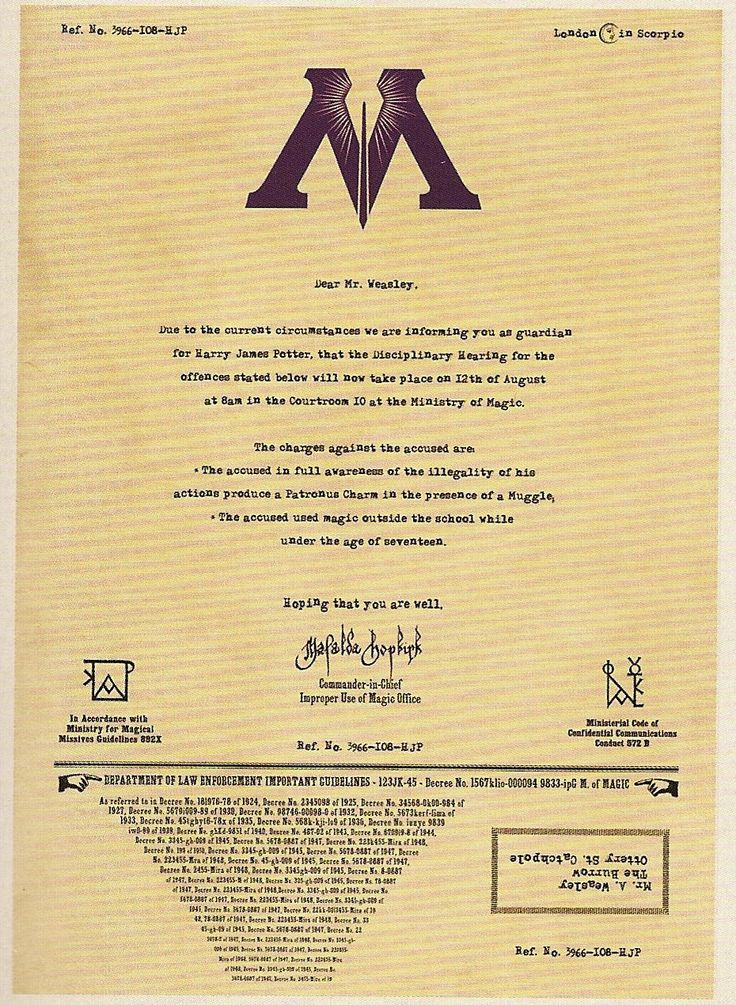 The defense attorney can show the results to the prosecutors, who may then be swayed to dismiss the charges or offer to do another polygraph at the prosecutor’s office. If the defendant passes again, the prosecutors may decide they have too weak a case to continue prosecuting.
The defense attorney can show the results to the prosecutors, who may then be swayed to dismiss the charges or offer to do another polygraph at the prosecutor’s office. If the defendant passes again, the prosecutors may decide they have too weak a case to continue prosecuting.
Note that the results of private polygraph tests remain confidential unless the defendant chooses to share them. If the defendant fails the test, the authorities never have to know. Learn more about California polygraph law.
Have you been wrongfully accused of a crime?Contact the Shouse Law Group today to get the help you deserve. Our team of criminal defense attorneys can help you defend yourself against false accusations against you.
Legal References:
- The National Registry of Exonerations – Exonerations in 2018. Dated April 9, 2019.
- See same.
- See same.
- National Sexual Violence Resource Center – False Reporting.

- See same.
I was publicly accused of fraud. The answer is - Offtop on vc.ru
Today an article was published on vc in which I, the author of this account, was publicly accused of fraud (Article 159 of the Criminal Code of the Russian Federation). That article, of course, was written mainly for the sake of PR for the service for which its author works, and this can be seen with the naked eye. But I will answer. For every count of which I am accused.
1128 views
1. I pretend to be different people (multi-account)
The account in which I am currently writing is my personal account. And my name is Denis Vetrennikov - I, in fact, have never hidden this anywhere. The account on vc was created on January 26, 2020, and since that time I have been sharing here my opinion and vision of what is happening on the marketplaces, my sales experience.
Yes, indeed, I wrote an article "Comparative analysis of external marketplace analytics services", according to the results of which the SellerFox service, subjectively, in my opinion, took the first place (by the way, the service for which the author of the "whistleblower" works was at the end of the rating - took 8th place , and this I consider the main reason for writing his article by the "whistleblower").
Many other services have commented on this article and almost everything that is described in the article is not subject to any doubt on the part of the authors of other services, that is, a lot of work has been done and the facts given in the article are objective, with the exception of some minor flaws (they are indicated in the comments to the article). And the rating, any rating, is subjective, but the article itself also says this, it is not the rating itself that matters, but what exactly is said in the article, what data and facts are collected.
Actually, after this article, I was contacted by the founder of the ecosystem of services for marketplaces SellerDen (which includes SellerFox) and offered to lead the project. So I ended up in this project (by the way, Den is the Lair in English, and not an abbreviation for Denis, as the "whistleblower" claims).
And, mind you, the article about "Review of analytics services" is the last one on my personal account. After its publication, I no longer write here.
After its publication, I no longer write here.
The SellerDen account on vc is not just one author, but those people who trade on marketplaces and write about it on behalf of the Seller Den. One of these authors, including Danila Drapeza, who is mentioned in the "exposure". And, if you are also interested in writing about marketplaces, if you want your articles to get more coverage, write to your SellerDen account and become our author.
So the marketplace_biz account is my personal account, and the SellerDen account is the account of the company that I currently head.
2. All my activities: channels, articles, associations are connected with my earning money from suppliers.
Here, as they say, no comments. Yes, indeed, as part of the SellerDen project, we are now developing an entire ecosystem of services aimed at helping marketplace providers. And since this is a business, its main goal is to make money. Our ecosystem includes services such as:
SellerFox - external marketplace analytics service
SellerCat - specialized accounting service for marketplace sellers for sellers of marketplaces and a number of non-public services.
The Sellers Den podcast, which lists me as the author.
3. I support double standards.
I think fake reviews are bad. Yes, indeed, when they wind up reviews, this is wrong - the buyer may get the wrong impression about the properties of the product and, as a result, disappointment. But can the 3 reviews that I left on products in 2019 be considered cheating? (formally, these were my personal reviews of the products that my wife sells). If now there are dozens, if not hundreds of these reviews, and they are all real.
Can incentives for customers to write reviews be considered cheating? Ozon has such an official service - "reviews for points". The seller can set the cost of cashback for buyers of their goods when writing a review with and without a photo.
reviews for Ozon
points And I, actively using this service on Ozon, created a similar telegram bot for Wildberry in the fall, but it was made for sale and now does not belong to me, and it seems that it does not work now.
And for those who still want to get feedback from buyers (honest) in exchange for cashback from purchases on WildBerries, as OZON does - write in a personal.
4. All my business is based on buying goods from St. Petersburg and other cities
Yes, it's true. I have no experience with China. And I built my business on the sale of Russian goods on marketplaces. In short, this is how my business process looks like:
- search for interesting niches using analytics services
-search for manufacturers that are not represented on marketplaces in these niches
-negotiating with manufacturers: payment terms, concluding an exclusive contract for the supply of their products to marketplaces,
-introduction of product cards to marketplaces
-packaging, delivery, management sales
At first glance it may seem that all this is very easy - buy and sell. But, I think that marketplace sellers will agree with me that there are a lot of nuances here and everything is not so simple and not so unambiguous. Read the chats of sellers: many do not succeed, many work at a loss, many leave marketplaces for one reason or another. This is a business and, like any other (not based on government contracts), it has its own characteristics and risks.
Read the chats of sellers: many do not succeed, many work at a loss, many leave marketplaces for one reason or another. This is a business and, like any other (not based on government contracts), it has its own characteristics and risks.
5. And of course black PR, also PR.
Here, too, the essence of the accusation is not clear. As for the article about fines, it was not written by me, but by one of the authors of the Den of Sellers, and, frankly, I don’t even know which particular seller received this fine for cheating.
Thus, the article of the "whistleblower" (all his latest articles) is a PR service for which he works. Service, who was offended by the fact that he was in the 8th place in my review and could not think of anything better than trying to denigrate me with the hands of a hired scribbler. It would be better if you, dear competitors, did not stoop to such ways of conducting competition, but improved your service. Or, if you do not agree with something in the review, you would write about it in the comments to my article.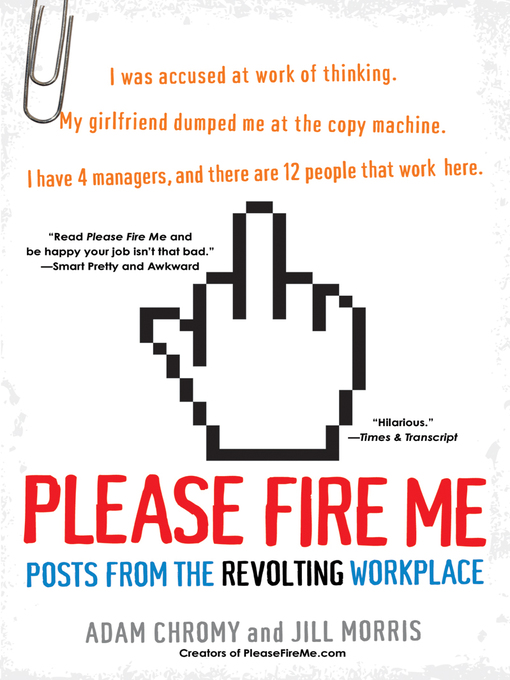 You wrote there about two points with which I agree (I didn’t see, didn’t see through), but in general you didn’t refute either the objectivity of the article or the criteria by which I considered the rating, and what is there to refute if I personally registered in each of presented services and studied them from the inside. You have not found anything better than using black PR methods. Sadly.
You wrote there about two points with which I agree (I didn’t see, didn’t see through), but in general you didn’t refute either the objectivity of the article or the criteria by which I considered the rating, and what is there to refute if I personally registered in each of presented services and studied them from the inside. You have not found anything better than using black PR methods. Sadly.
"America is going to hell": Donald Trump accuses Democrats of a conspiracy and denies accusations against him
Subscribe to our "Context" newsletter: it will help you understand the events.
Image copyright, Getty Images
Image caption, Donald Trump claims the allegations against him are part of a Democratic conspiracy ahead of the 2024 presidential election against him are allegations of financial fraud in the case of payments to porn actress Stormy Daniels, saying that he was the victim of the intrigues of the Democrats, who are trying to prevent him from participating in the presidential election.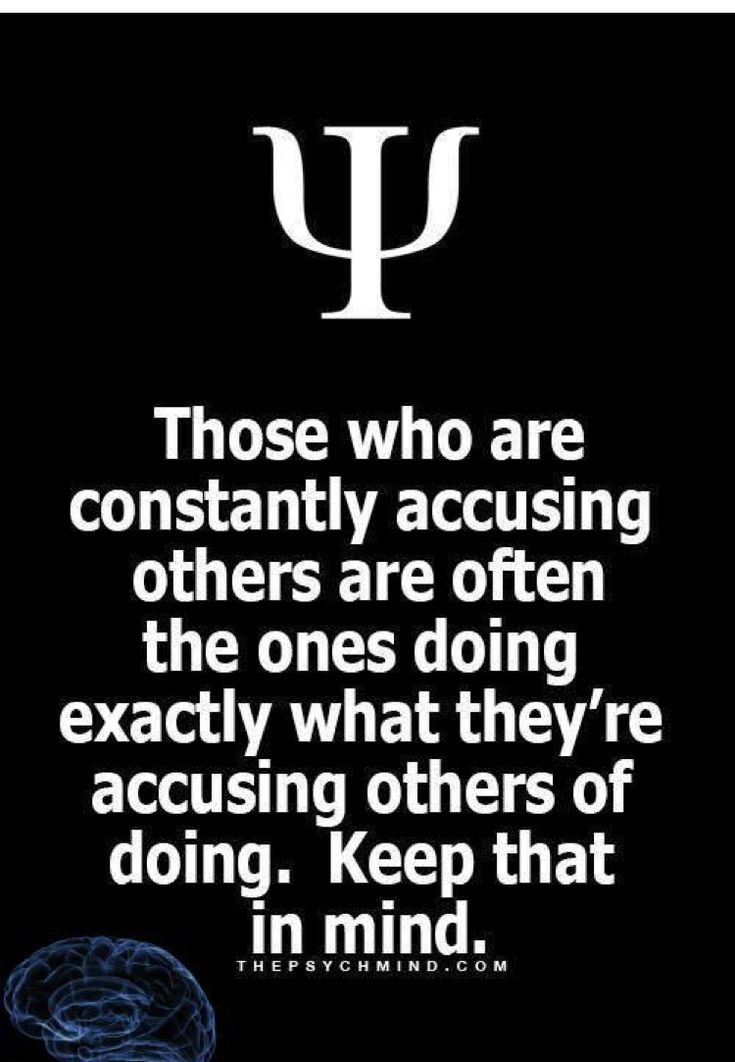
Charges were filed on 34 counts - according to the number of false entries made in the reporting documentation.
Arriving at court, Trump turned himself in to authorities and was formally remanded in custody pending charges.
This is a standard procedure in such cases - at the time of arrest, they usually put on handcuffs (and read out the rights), but they made an exception for the ex-president. Trump could also have been fingerprinted and photographed for the case, but his lawyers declined to answer the question of whether these formalities were followed.
- Trump has been charged with fraudulent reporting. He pleaded not guilty and told supporters that the judge hated him
Half an hour after arriving in court, Trump went up to the 15th-floor courtroom where the hearing was being held. About an hour later, he left the courthouse without saying a word to reporters and went to his Mar-a-Lago estate in Florida.
In court, Trump sat silently with a stone face, but, having returned to Florida, he gave vent to emotions.
He delivered a 25-minute speech to his supporters, declaring that he was completely innocent and a victim of the machinations of Democrats who "seek to destroy America."
"The only crime I have committed is the fearless defense of our country from those who seek to destroy it," Trump told supporters gathered in Mar-a-Lago.
Trump said the case was rigged and part of a Democratic conspiracy to interfere in next year's presidential election and that America is "going to hell."
- Donald Trump in court: what conclusions arise after the first meeting
"I have a judge who hates Trump from a family of Trump haters," the ex-president remarked, stressing that absolutely all commentators and lawyers are convinced that the claims against him are groundless accusations - however, commentators and lawyers do not share this conviction of the former president.
You need JavaScript enabled to view this content, or use a different browser
Video caption,Trump's trial: what the prosecutor and the former US president said
Trump became the first former US president to face criminal charges.
Trump's investigation concerns a silence payment against porn star Stormy Daniels.
According to the case file, before the 2016 election, Trump, through a lawyer, paid Stormy Daniels $130,000 to keep her quiet about having sex with him.
The payment was not in itself illegal, but Trump and his attorney framed it as a first-to-second payment for legal services, which is considered fraudulent reporting in New York State and is punishable under criminal law.
- Trump's lawyer admits he paid off porn star Stormy Daniels
Attorney Michael Cohen was sentenced to three years in prison in 2018, but Trump, then president, was not formally charged.
Each of the charges carries a maximum sentence of four years in prison, although if Trump is found guilty, a judge can also give him a suspended sentence.
According to Judge Juan Mercan, presiding over the trial, the trial of the former president could begin as early as January 2024 - that is, Trump could be in court just in time for the start of the primaries to choose the candidate from the Republican Party in the presidential election.
The nature of the allegations
The election that Trump won saw attempts to expose, acquire and hide negative information about him and boost Trump's electoral prospects.
The ex-president then went to great lengths to cover up these actions and also attempted to violate state and federal election laws.
According to the indictment, Manhattan District Attorney Alvin Bragg charged Trump with a total of 34 counts of falsifying business records in the first degree.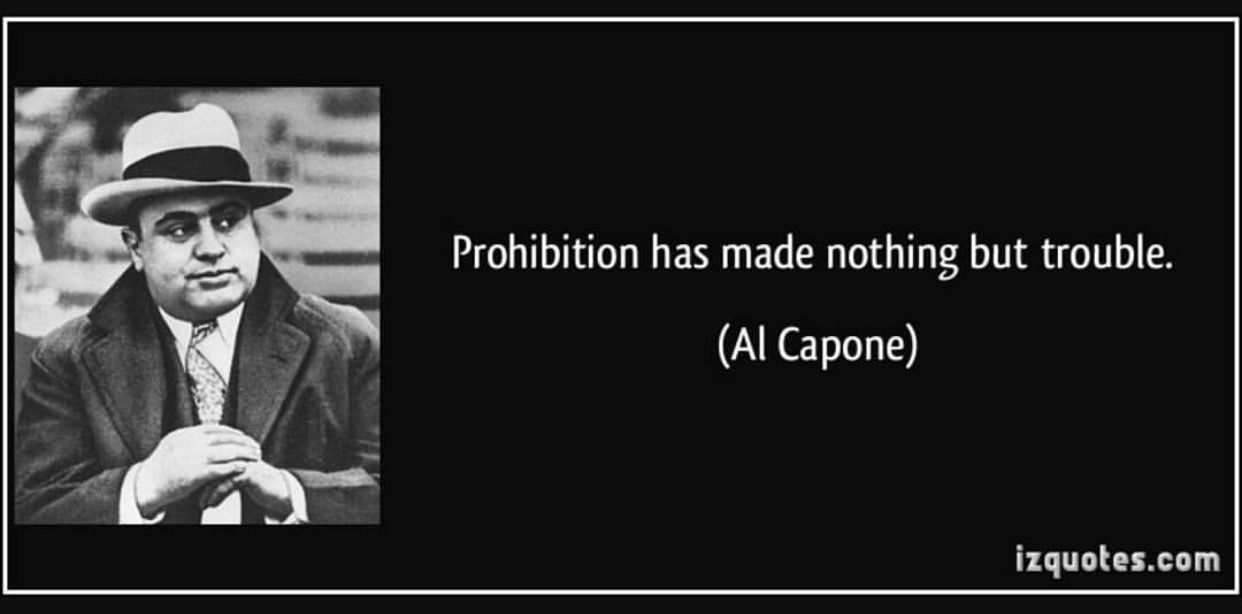 In addition to payments to porn star Stormy Daniels, there are two more episodes in the case.
In addition to payments to porn star Stormy Daniels, there are two more episodes in the case.
In one case, American Media Inc. (AMI) paid $30,000 to a former Trump Tower janitor who claimed to have a story about Trump's illegitimate child. In another case, AMI paid $150,000 to a woman who claimed she had a sexual relationship with Trump.
Image Credit, Getty Images
Skip the Podcast and continue reading.
Podcast
What was that?
We quickly, simply and clearly explain what happened, why it's important and what's next.
episodes
End of Story Podcast
"In the third case - 12 days before the general presidential election - a special adviser (we are talking about Cohen, who held this position in the Trump Organization - approx. BBC) transferred 130 thousand dollars to the pornographic actress' lawyer. The adviser, who has since pleaded guilty and served time in prison for illegal campaigning, made the payment through a shell corporation financed through a Manhattan bank," the documents say.
The adviser, who has since pleaded guilty and served time in prison for illegal campaigning, made the payment through a shell corporation financed through a Manhattan bank," the documents say.
Trump subsequently reimbursed Cohen through checks disguised as legal fees under a non-existent contract. A total of 11 checks were issued, the report says.
"34 false entries were made in New York's business records to conceal an initial secret payment of $130,000. In addition, the scheme's participants took steps to misrepresent the true nature of the reimbursement for tax purposes," the documents state. .
Other troubles
In addition to the New York trial, there are three other investigations against Trump. They stem from efforts to overturn the results of the 2020 election, the attack on the Capitol in January 2021, and the former president's careless handling of classified documents after leaving the White House.
- Many courts of Donald Trump. What cases could prevent the former US president from running again
The Georgia District Attorney continues to investigate whether Trump's contacts with state officials after the 2020 election can be considered a violation of the electoral law.
After the election, Trump called Secretary of State Brad Raffensperger and said, "I just need to find 11,780 votes. Those votes were necessary for Trump to win one of the key swing states.
"We believe our numbers are correct," Raffensperger told Trump.And then Fulton County's Georgia Attorney Fanny Willis launched an investigation into potential state election crimes punishable by fines or imprisonment
Photo copyright, EPA
Photo caption,Congressional investigation into Capitol attack lasted 18 months and culminated in a motion to prosecute Trump
In November 2022, US Attorney General Merrick Garland appointed Special Counsel Jack Smith to oversee the investigation in the attack on the Capitol.
